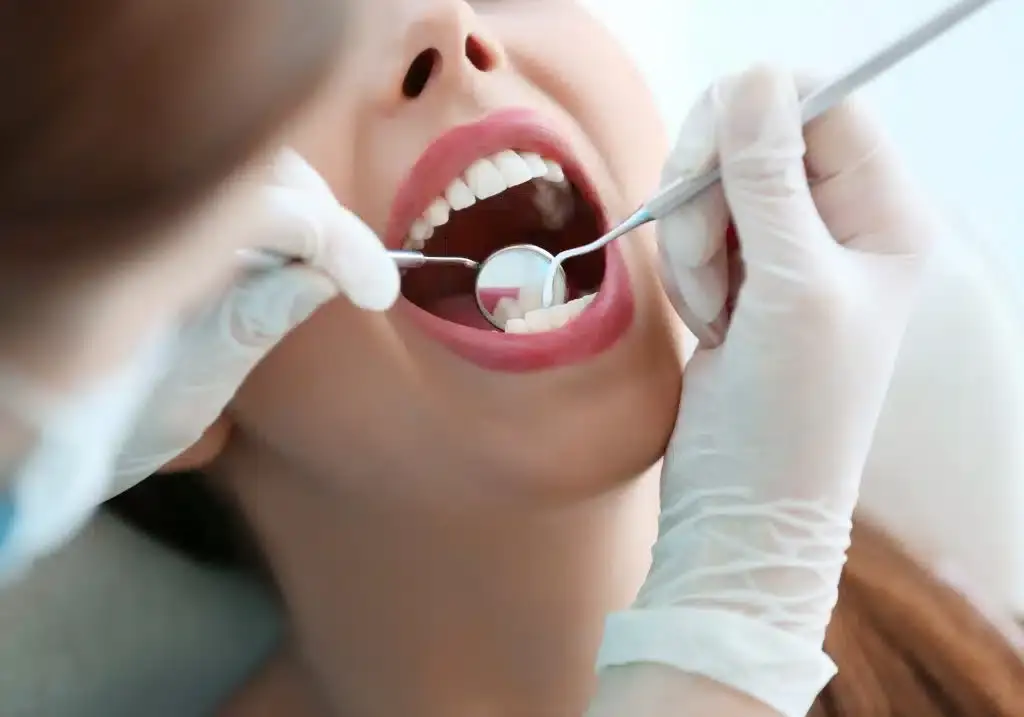
Widening Oral Health Divide: Children in Deprived Areas Falling Behind
A new national report has revealed growing concerns about the state of children’s oral health in Scotland. Despite past progress, inequalities between wealthy and deprived areas are widening, suggesting that years of improvement in dental care may be starting to reverse.
According to the National Dental Inspection Programme (NDIP), only 68.2% of Primary 7 children (around age 11) in Scotland’s most deprived communities were found to be free of obvious tooth decay in 2025. In contrast, 91.5% of children from the least deprived areas showed no signs of decay — a gap of 23.3 percentage points, significantly higher than the 20.1-point difference recorded in 2019.
While the overall oral health of children has improved since the early 2000s, experts warn that progress has stalled. The mean number of decayed, missing, or filled teeth among Primary 7 children was 0.40 in 2025, nearly identical to 0.36 in 2023. This stagnation raises alarm that the effects of the pandemic, economic challenges, and reduced access to preventive dental programmes are starting to take their toll.
Public health specialists point to a range of contributing factors — from limited access to dental care services in lower-income areas and dietary inequalities, to reduced participation in school-based preventive programmes such as Scotland’s long-running Childsmile initiative. These issues highlight how oral health is deeply tied to socioeconomic status and broader public policy decisions.
The British Dental Association (BDA) described the findings as a wake-up call, emphasizing that oral health is an important indicator of overall well-being and social equality. The chair of the BDA’s Scottish Dental Practice Committee warned that “vital progress made over the years has at best plateaued, and at worst gone into reverse.”
Experts are now urging the Scottish government to prioritize targeted interventions in deprived communities — such as expanding school-based preventive programs, improving fluoride access, and ensuring consistent NHS dental coverage for children. Without such action, they warn, the country risks undoing decades of public health gains.
Ultimately, Scotland’s growing oral health divide serves as a reminder that good dental health cannot be achieved through treatment alone — it requires social investment, education, and equitable access to preventive care for all children, regardless of their background.
Original Article:
“Oral health in Scotland reveals stark and persistent inequalities.”
Published by Dentistry.co.uk, October 21, 2025.